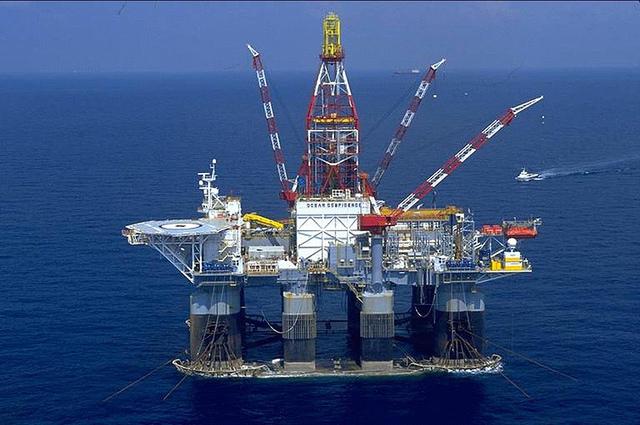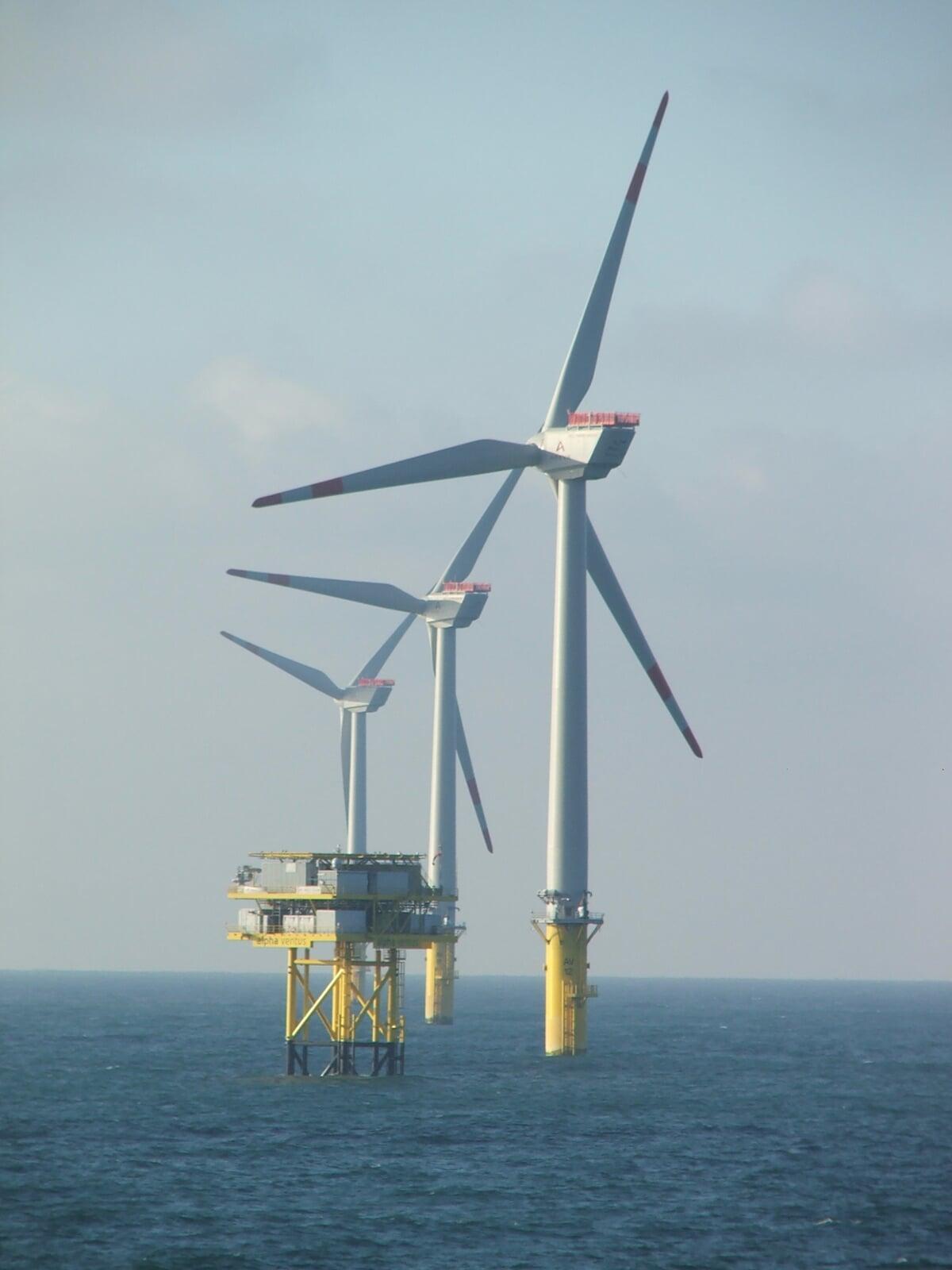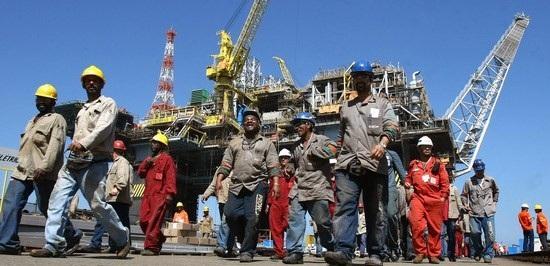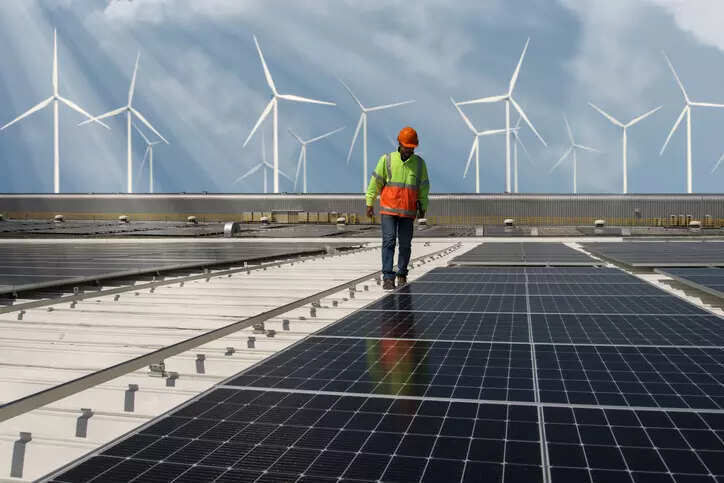Offshore Jobs - Oil, Gas, Wind and Solar
Email your resume to hr@globalchoice.in
Global Choice offers Jobs in the offshore oil and gas industry and the offshore renewable wind and solar energy industry.
The offshore oil and gas exploration and production industry offers a wide range of occupations for both entry-level and experienced professionals. Offshore occupations are very challenging and may demand working long hours in difficult conditions, but the rewards are great in comparison to onshore jobs. Shift work forms an integral part of almost all types of offshore jobs, which usually means working offshore for 14 days followed by a rest period onshore for the next 14 days. Offshore crew normally works in 12-hours shifts. They are well trained in safety and environmental regulations to ensure the safety and protection of oil rigs and the people working there.
Typical kinds of job you will find in the offshore oil and gas industry include:
- Offshore Installation Manager (OIM)
- Operations Team Leader (OTL)
- Offshore Operations Engineer (OOE)
- Offshore Rig Engineer
- Offshore Structural Engineers
- Operations Coordinator (PSTL)
- Dynamic Positioning Operator (MODU)
- Automation Systems Specialist
- Process Engineer
- Drilling Engineers
- Rigging Engineers
- Well Head Engineers
- Corrosion Engineers
- Ballast Control Operator
- Control Room Operators
- Production Technicians
- Maintenance Technicians
- Field Technicians
- Instrument Technicians
- Offshore Piping Designers
- QC Inspectors
- Offshore Estimators
- Crane Operators
- Scaffolders
- Coxswains
- Helicopter Pilot
- Pump Operator
- Equipment Operators
- Offshore Pipefitters
- Well Services Supervisor
- Coiled Tubing Operators
- Driller
- Roustabouts
- Mud Engineer
- Derrickhand
- Geologist
- Welders
- Electricians
- Offshore Safety Coach
- Cooking Staff
- Healthcare Staff






